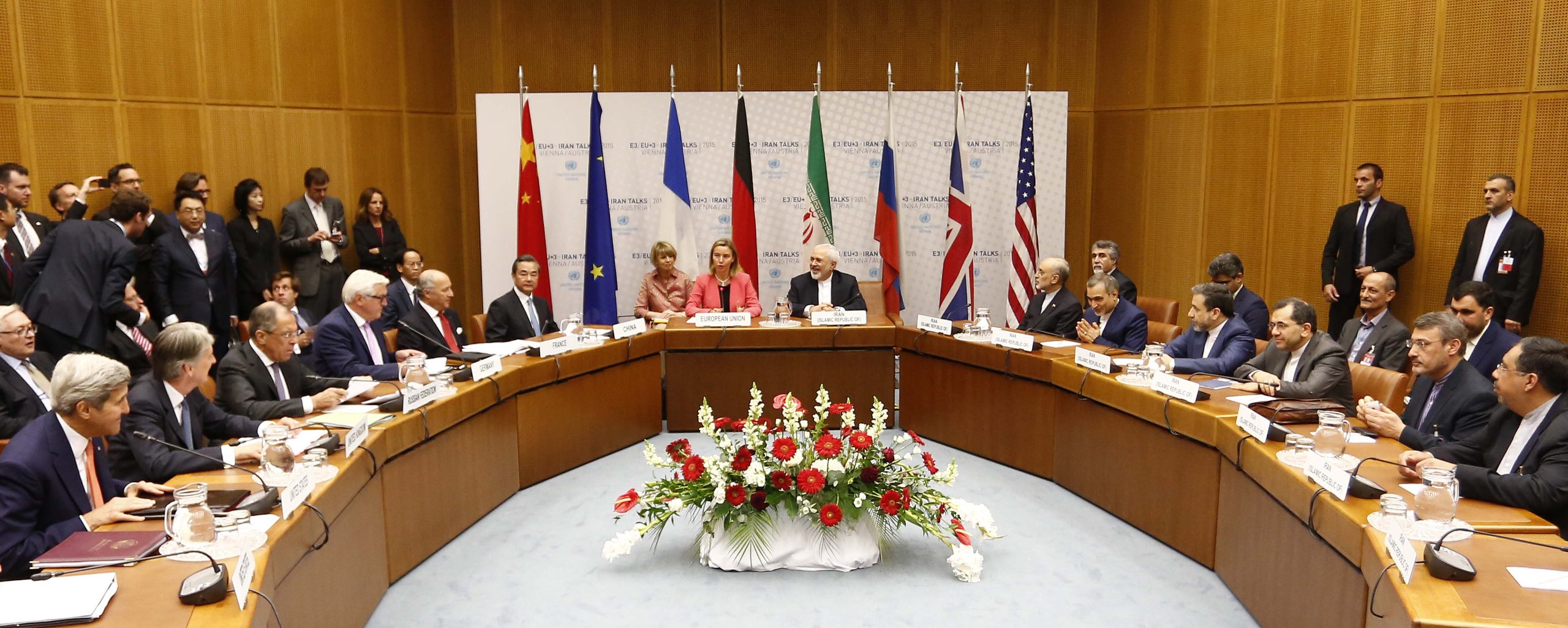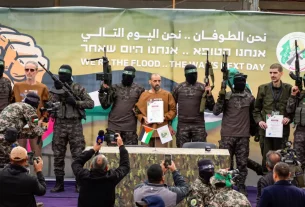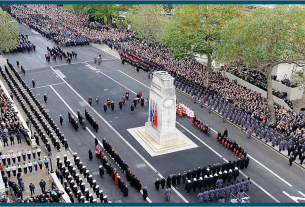Iran is entering high-stakes nuclear negotiations with the United States without a clear contingency plan, as both sides approach critical red lines. Iranian officials have acknowledged the absence of a robust fallback strategy should talks collapse, leaving the country vulnerable to escalating tensions and economic repercussions.
The primary point of contention remains Iran’s uranium enrichment program. While the 2015 Joint Comprehensive Plan of Action (JCPOA) permitted Iran to enrich uranium for peaceful purposes, the United States, under President Donald Trump, exited the agreement in 2018 and now demands a complete cessation of enrichment. Iran, led by Supreme Leader Ayatollah Ali Khamenei, has firmly rejected this demand, asserting its right to peaceful nuclear technology under the 1968 Non-Proliferation Treaty. Iran continues to enrich uranium up to 60%, approaching weapons-grade levels, and insists on maintaining its enriched uranium reserves and ballistic missile program .(The Washington Post, AP News)
The economic backdrop further complicates negotiations. Iran faces severe economic strain due to U.S. sanctions, including restrictions on oil sales and financial institutions, which threaten to collapse the economy. The United States and European allies have warned of reimposing United Nations sanctions through the “snapback mechanism” if no agreement is reached, potentially as early as August .(Reuters)
Iran’s diplomatic options are limited. While Tehran may seek support from China and Russia, both are preoccupied with their own geopolitical challenges, diminishing their capacity to serve as reliable backers. China is engaged in a trade war with the United States, and Russia is focused on the war in Ukraine .(Arab Center Washington DC, Reuters)
Internal divisions within Iran’s leadership further undermine the country’s negotiating position. Hardline factions, including influential clerics and lawmakers, have publicly criticized the government’s engagement in nuclear talks, labeling them as ineffective and potentially harmful. Some have even suggested reconsidering Iran’s commitment to its fatwa against nuclear weapons, signaling a shift toward a more confrontational stance .(NCR Iran)
As the next round of indirect talks approaches, scheduled for Friday in Rome under Omani mediation, the path forward remains uncertain. Iran’s commitment to diplomacy is tempered by its insistence on preserving its nuclear rights, while the United States maintains its demand for a halt to enrichment. With no clear Plan B in place, both nations stand at a precarious juncture, where the failure of negotiations could lead to heightened tensions and further destabilization in the region.(AP News)
Past Iran nuclear deal: 2015 agreement in Vienna Picture on Wikimedia by Bundesministerium für Europa, Integration und Äusseres



